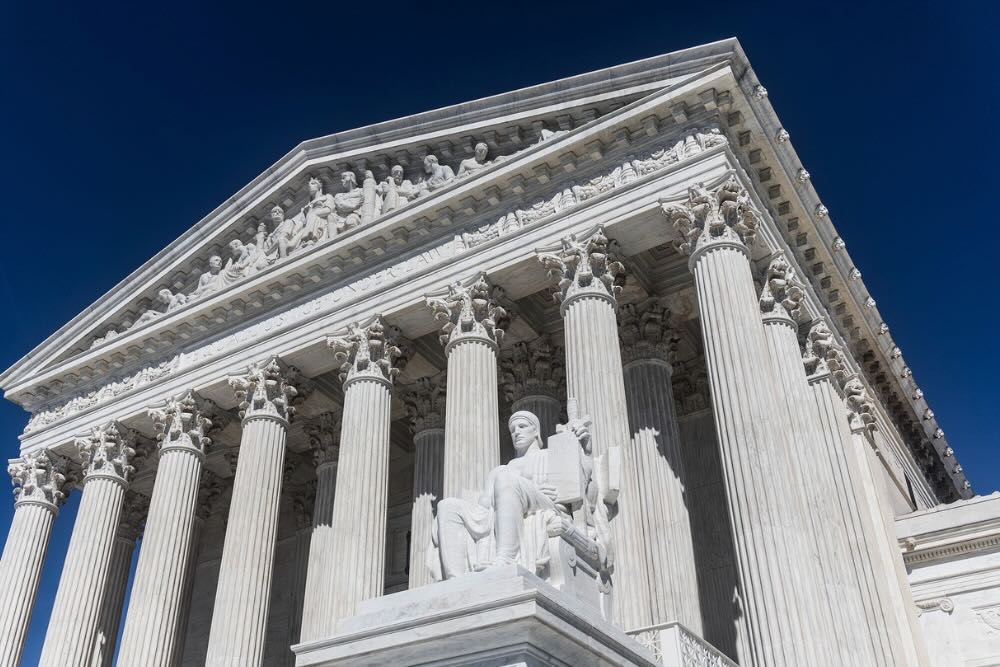
It’s no secret – homelessness has grown to levels that were once unimaginable. The Grants Pass v. Johnson decision is only making matters worse.
Just last Thursday, California Governor Gavin Newsom ordered encampments of unhoused people torn down across the State, even in areas that don’t have enough shelter beds. He cited the Supreme Court’s recent ruling in Grants Pass v. Johnson in doing so.
The ruling said that the city of Grants Pass, Oregon was justified in expanding local laws that would fine and jail people for sleeping on public property. These laws were put in place, despite the fact that there are about 600+ people who are homeless each night in Grants Pass with only one shelter with less than 100 beds.
Instead of seeking ways to help its most vulnerable citizens, the Grants Pass City Council President Lily Morgan said at the time that the Council’s primary goal was to “mak[e] it uncomfortable enough for [homeless people] in our city, so they will want to move on down the road.”
Dehumanizing people in need is both cruel and erodes support for common sense and cost-effective solutions. For example, Justice Neil Gorsuch in his majority opinion dismissively equated people who are homeless with college students “camping out” for a night and backpackers on vacation. Notably, he did not call on Grants Pass to develop more housing or expand mental health programming – or even add more shelter beds to fit their need.
In her dissenting opinion, Justice Sonia Sotomayor quoted Debra Blake, a Grants Pass resident and one of the original plaintiffs:
“I have been repeatedly told by Grants Pass police that I must ‘move along’ and that there is nowhere in Grants Pass that I can legally sit or rest. I have been repeatedly awakened by Grants Pass police while sleeping and told …that I should leave town. Because I have no choice but to live outside and have no place else to go, I have gotten tickets, fines and have been criminally prosecuted for being homeless.”
Ms. Blake, who struggled with multiple disabilities, owed more than $5,000 in fines when she died in 2021. She was 62 years old.
Unhoused people, like Debra Blake, should not fear they will be punished for seeking refuge on a park bench, a blanket outside, or the public sidewalk when there are no other alternatives.
Unfortunately, this fear is justified.
In the case of California, over 180,000 individuals and children are unhoused with only about 71,000 state-funded shelter beds available. While the administration claims they will “support the people inhabiting the encampment[s] prior to removal,” it is unclear what that entails or whose responsibility it will be to help. The governor’s executive order harms, rather than helps, this vulnerable population. If the intention is to make communities safer, this executive order misses the mark.
It doesn’t have to be this way. At BCHS, more than 95% of all the formerly homeless people who come to us successfully maintain their housing with our agency or move on to even greater independence each year. Like many community-based organizations here in New York City and beyond, we provide housing and services that ensure residents are safe and secure, and empowered in society. Known as supportive housing, this approach is significantly cheaper than the cost of staying in a hospital, shelter, prison or jail.
No one is born deserving to become homeless. As we have seen time and again, pushing unhoused people from one spot to another without addressing any of the underlying causes does nothing to stem the crisis. Let’s get to work.